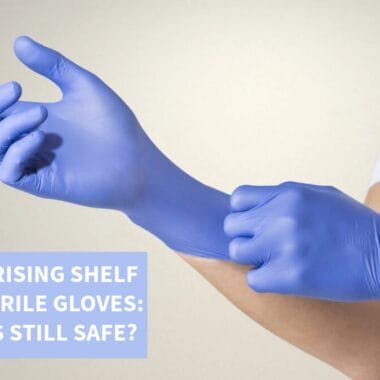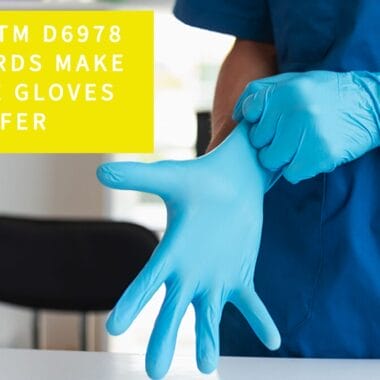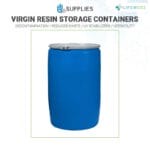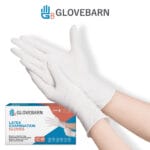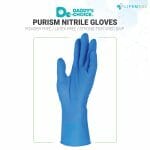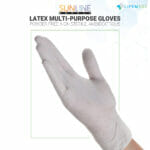What are Vinyl Gloves?
Vinyl gloves are disposable from synthetic PVC (polyvinyl chloride), offering a cost-effective alternative to latex and nitrile gloves. While they are not as durable or elastic as other materials, they provide adequate protection in environments where frequent glove changes are necessary and the risk of exposure to hazardous substances is low. Vinyl gloves are commonly used in industries like food service, cleaning, and low-risk medical settings.
Why Vinyl Gloves Matter in the Enterprise Environment
In many enterprises, particularly in the food service and hospitality industries, vinyl gloves are a practical choice for maintaining hygiene standards. These gloves are often used when workers change gloves for food preparation or light cleaning tasks. Due to their lower cost, they are ideal for businesses requiring many gloves for non-hazardous applications. Enterprise software systems can help manage vinyl gloves’ supply chain, inventory, and usage tracking, ensuring efficient and cost-effective operations.
Benefits of Vinyl Gloves
Vinyl gloves are prevalent in specific sectors due to their affordability and ease of use. Some of their key benefits include:
- Cost-Effective: Vinyl gloves are generally more affordable than latex or nitrile gloves, making them ideal for tasks that require frequent glove changes.
- Latex-Free: Since vinyl gloves are made from synthetic materials, they are safe for individuals with latex allergies, making them a preferred option in allergy-sensitive environments.
- Smooth Fit: Although less form-fitting than latex or nitrile gloves, vinyl gloves provide adequate comfort for short-duration tasks where precision or dexterity is not a priority.
The Role of Enterprise Software in Managing Vinyl Gloves
Managing inventory and distribution can be challenging for enterprises using large quantities of vinyl gloves, such as food processing plants or cleaning services. Enterprise software solutions can streamline these processes by tracking glove usage, automating reorders, and ensuring the company adheres to regulatory hygiene standards. This automation helps ensure that vinyl gloves are always available when needed and that stock is replenished promptly.
Vinyl Gloves vs. Other Types of Gloves
While vinyl gloves play a critical role in many industries, they have certain limitations compared to latex or nitrile gloves:
- Durability: Vinyl gloves are less durable and less resistant to punctures and tears than latex or nitrile, making them unsuitable for handling hazardous materials or chemicals.
- Fit and Dexterity: Vinyl gloves tend to be looser and less flexible, reducing dexterity in tasks requiring fine motor skills.
- Chemical Resistance: Vinyl gloves provide minimal protection against certain chemicals, so they are not recommended for heavy chemical exposure tasks.
Industries That Use Vinyl Gloves
Vinyl gloves are often found in industries where the risk of exposure to hazardous materials is low, and frequent glove changes are required:
- Food Service: Used in food preparation and handling to maintain hygiene and prevent contamination.
- Cleaning Services: Employed in general cleaning tasks where the exposure to chemicals is limited.
- Healthcare: Suitable for non-invasive, low-risk medical examinations and tasks that do not involve exposure to blood or hazardous chemicals.
- Beauty and Cosmetics: These are used for treatments without high chemical or puncture resistance.
Conclusion
Vinyl gloves offer a practical, cost-effective solution for businesses that need disposable hand protection in low-risk environments. While they may not provide the same durability or protection as latex or nitrile gloves, vinyl gloves are ideal for industries like food service and cleaning, where affordability and frequent glove changes are necessary. By leveraging enterprise software, businesses can efficiently manage vinyl glove inventory, ensuring consistent availability while maintaining operational efficiency and safety standards.
« Back to Glossary Index



